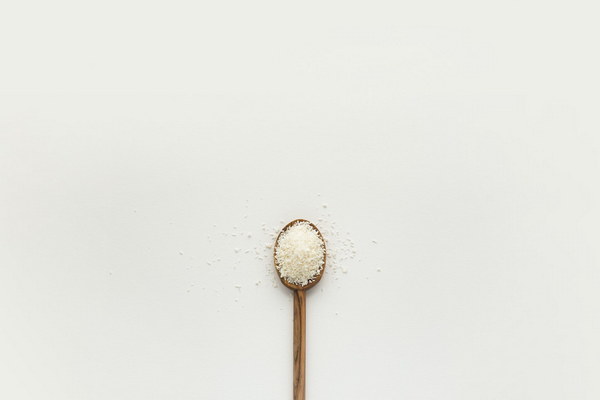Post-Abortion How to Practice Health Preservation and Self-Care
After an abortion, the body undergoes a period of recovery and adjustment. It is essential to take good care of yourself during this time to ensure a smooth and healthy recovery. Here are some tips on how to practice health preservation and self-care after an abortion.
1. Rest and relaxation
After an abortion, your body needs time to heal. It is crucial to get plenty of rest and avoid overexertion. Try to take at least one to two weeks off from work or school to allow your body to recover. Avoid strenuous activities and heavy lifting, as this may hinder the healing process.

2. Proper nutrition
A balanced diet is essential for post-abortion recovery. Consume foods rich in vitamins, minerals, and proteins to support your body's healing process. Here are some recommended foods:
- Iron-rich foods: Iron helps to prevent anemia, which is common after an abortion. Include foods such as red meat, chicken, fish, beans, and leafy greens in your diet.
- Vitamin C: Vitamin C aids in the absorption of iron. Consume foods like oranges, strawberries, kiwi, bell peppers, and tomatoes.
- Calcium: Calcium is essential for bone health and muscle function. Incorporate dairy products, leafy greens, and fortified foods into your diet.
- Protein: Protein helps to repair and rebuild tissues. Good sources of protein include lean meats, fish, poultry, eggs, dairy products, legumes, and nuts.
- Fruits and vegetables: A variety of fruits and vegetables provide essential nutrients and antioxidants to support your immune system.
3. Hygiene and personal care
Maintain good hygiene to prevent infections. Take warm baths or showers, and change your pads or tampons regularly. Avoid using scented products, as they may irritate your sensitive skin. If you experience any signs of infection, such as fever, chills, or excessive bleeding, contact your healthcare provider immediately.
4. Emotional support
An abortion can be an emotionally challenging experience. It is crucial to seek emotional support from friends, family, or a support group. Talking about your feelings and emotions can help you cope with the stress and anxiety. If you feel overwhelmed, consider seeking the help of a mental health professional.
5. Regular check-ups
Schedule regular follow-up appointments with your healthcare provider to monitor your recovery. Your doctor will check for any signs of complications and provide guidance on your healing process. It is essential to attend all appointments and follow your doctor's recommendations.
6. Avoid sexual activity
It is important to abstain from sexual activity until your healthcare provider confirms that you have fully recovered. This usually takes about four to six weeks after an abortion. Engaging in sexual activity too soon may increase your risk of infection and hinder the healing process.
7. Manage stress
Stress can slow down the healing process and make it more difficult to cope with the emotional aftermath of an abortion. Find healthy ways to manage stress, such as:
- Exercise: Regular physical activity can help reduce stress and improve your overall well-being.
- Meditation and relaxation techniques: Practices such as deep breathing, yoga, and mindfulness can help you stay calm and relaxed.
- Hobbies and interests: Engaging in activities you enjoy can distract you from negative thoughts and emotions.
In conclusion, taking good care of yourself after an abortion is essential for a smooth and healthy recovery. By following these tips on health preservation and self-care, you can support your body's healing process and improve your overall well-being. Remember to seek support when needed and stay in touch with your healthcare provider throughout your recovery journey.









